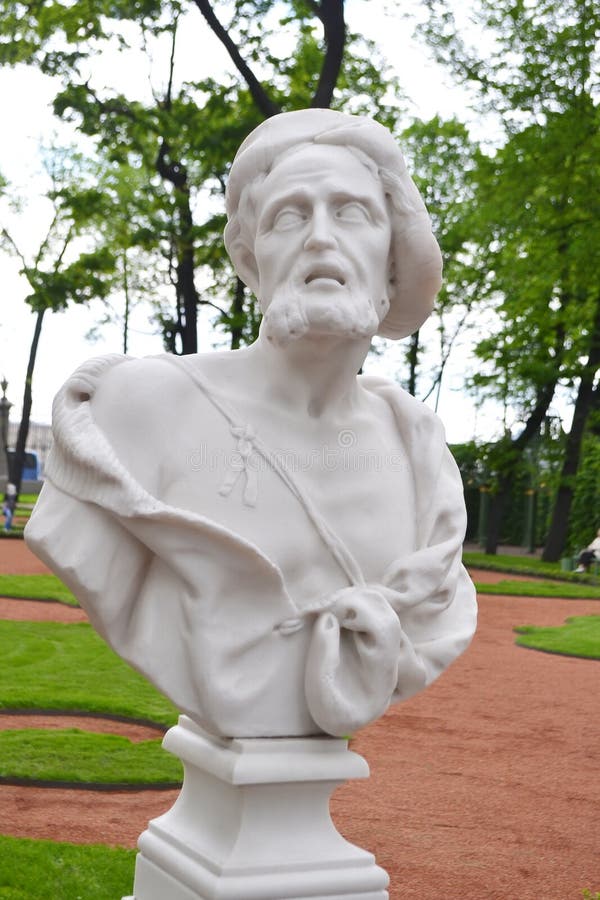
"That makes me all the fitter to dabble in it,' he replied"īook & Page: Michael Montaigne p. "When asked by Leo, prince of the Phalasians, what science or art he professed, Heraclides of Pontus answered: 'I know neither science nor art, but am a philosopher.' Someone reproached Diogenes for being ignorant yet dabbling in philosophy. Plato once described the philosopher Diogenes of Sinope as 'a Socrates gone mad' It's a good comparison. "That is an excellent answer of Diogenes to the man who asked for a letter of recommendation from him : " That you are a man," he says, "he will know at a glance but whether you are a good or a bad man he will discover if he has the skill to distinguish between good and bad, and if he is with-out that skill he will not discover the facts, even though I write him thousands of times.""īook & Page: Michael Montaigne p.77 #Quotes He thought us incapable of doing either good or harm." " Diogenes valued us so little that contact with us could neither disturb nor affect him he gave up our company, not out of fear but of contempt for our society. He is credited as being one of the founders of cynicism and practiced these ideals through the eccentricities that filled his life. "Therefore Diogenes, who played the fool to himself, rolling his tub, and turning up his nose at the great Alexander, esteeming us as flies or bladders puffed up with wind, was a sharper and more biting - and consequently, in my opinion"īook & Page: Michael Montaigne p.135 #Facts by Van Bryan on ApDiogenes of Sinope is often considered one of the more eccentric, or at the very least untraditional, of the ancient Greek philosophers.

But since that philosopher took not the slightest notice of Alexander, and continued to enjoy his leisure in the suburb Craneion, Alexander went in. And to show how this works out in practice, I will relate a singular example of it."īook & Page: Michael Montaigne p74 #Facts Diogenes, also known as Diogenes the Cynic or Diogenes of Sinope, was a Greek philosopher and one of the founders of Cynicism. Diogenes of Sinope (Greek: Diogenes ho Sinopeus), was a Greek philosopher and one of the founders of Cynic philosophy. Thereupon many statesmen and philosophers came to Alexander the Great with their congratulations, and he expected that Diogenes of Sinope also, who was tarrying in Corinth, would do likewise.

"When the philosopher Diogenes had need of money, he used to say that he asked it back from his friends, not that he asked them for it. The Cynics are said to have been founded by Antisthenes (445- 360 B.C.) a disciple of Socrates, but Diogenes of Sinope is regarded as the voice and embodiment.


 0 kommentar(er)
0 kommentar(er)
